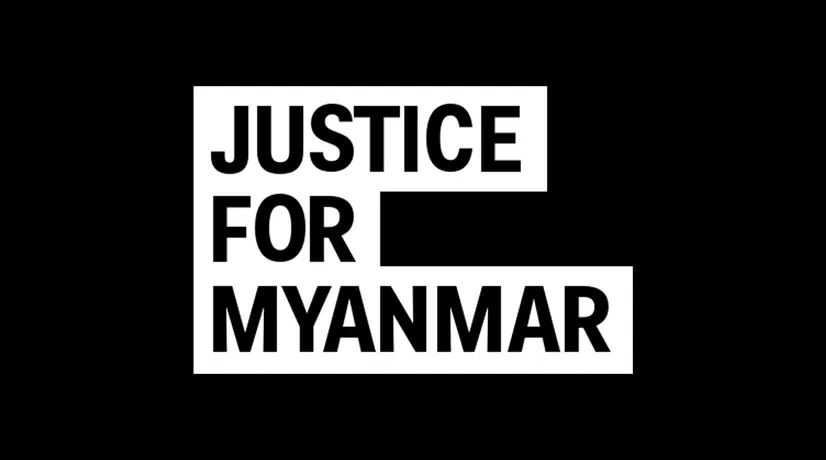Companies in ASEAN Fuelling Myanmar Junta’s International Crimes
24 May 2025

More than four years after the Myanmar military’s attempted coup, companies across the Association of Southeast Asian Nations (ASEAN) region continue to do business with the junta. They have provided the junta with a major source of revenue, as well as communications technology and aviation fuel.
These networks of corporate complicity have been essential to sustain the junta’s ongoing nationwide terror campaign, which involves indiscriminate air and artillery strikes, mass killings, the destructions of whole communities, mass arbitrary arrest, torture and the forced displacement of at least 3.5 million people.
Despite numerous companies cutting ties with the Myanmar military and the imposition of targeted sanctions, the companies featured here maintained business as usual with the junta. In some significant cases, these businesses are actually owned by ASEAN member states.
This goes against ASEAN’s claimed support for peace in Myanmar though its Five Point Consensus. ASEAN member states have not only failed to end the Myanmar military’s violence – they have allowed companies under their jurisdiction to fund and equip the military as its commits international crimes with total impunity.
Companies in the ASEAN region have helped the military generate revenue through its conglomerates, Myanmar Economic Corporation (MEC) and Myanma Economic Holdings Limited (MEHL), and through revenue from land controlled by the Myanmar army’s Office of the Quartermaster General. Since the coup attempt in 2021, companies in ASEAN have also financed the junta through business with state-owned enterprises illegally under junta control, such as Myanma Oil and Gas Enterprise (MOGE), Myanma Timber Enterprise (MTE) and junta-controlled ministries.
This investigation details cases of corporate complicity from across the ASEAN region, focusing on the provision of funds, communications technology and aviation fuel to the junta. However, it is not a complete list and there are many more companies in the region that have done dirty deals with the junta. This investigation does not include arms brokers, which were the focus of an investigation we published in 2022 and detailed in reports by the UN Special Rapporteur on Myanmar in 2023 and 2024.
ASEAN governments have a duty to prevent companies in their jurisdiction from providing the junta with revenue, technology and aviation fuel, in line with their obligations under international law and norms. Yet, instead of taking steps to cut off the resources needed for the junta to continue its violence, ASEAN and its member states have largely turned a blind eye to business complicity, while providing false legitimacy to the junta and impeding effective international action.
Justice For Myanmar calls on companies in ASEAN to immediately cut the junta’s access to funds, arms, equipment, technology and aviation fuel. ASEAN governments must prevent continued corporate complicity.
ASEAN and its governments must support a Myanmar-led solution to solve the crisis.

Oil and gas fuelling atrocities
MOGE, the state-owned enterprise illegally seized by the junta through its 2021 coup attempt, is the junta’s single largest source of foreign revenue through fossil fuel sales.
MOGE has been sanctioned by the EU, while the US Treasury has issued a financial services directive against it.
Despite this, oil and gas companies from Thailand and Singapore have been fuelling atrocities in Myanmar by producing oil and gas with the junta, as well as supplying the junta with the oil it needs to continue committing international crimes.
The junta-controlled oil and gas sector has been sustained by oilfield service providers from Indonesia, Malaysia, Singapore and Vietnam that have continued operating in Myanmar since the military’s attempted coup, ensuring revenue keep flowing to the junta.
Announcements
21 May 2025
Open letter: Malaysia must lead ASEAN with principle, not hypocrisy, to address the Myanmar crisis

Progressive Voice is a participatory rights-based policy research and advocacy organization rooted in civil society, that maintains strong networks and relationships with grassroots organizations and community-based organizations throughout Myanmar. It acts as a bridge to the international community and international policymakers by amplifying voices from the ground, and advocating for a rights-based policy narrative.